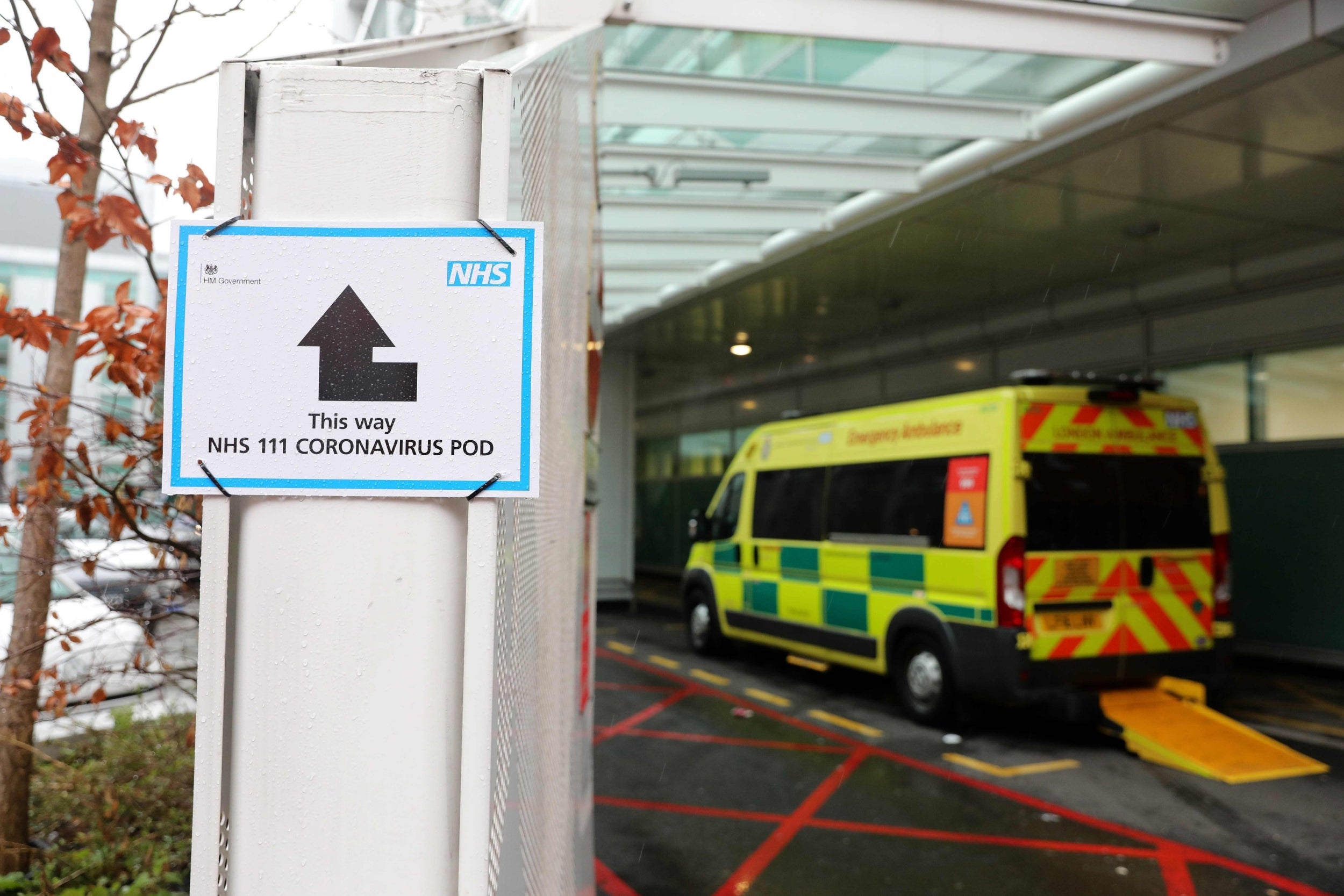I returned to the NHS to treat patients affected by coronavirus — because they need psychiatrists too
The anxious young man having panic attacks when people sneezed, the manic woman with bipolar who believed she had the cure, the traumatised families of dying patients: these people are the victims of the pandemic too

After a decade in the NHS, I was burnt out and close to quitting psychiatry. Then I was invited to write a humorous medical memoir (those sorts of books were doing well, my literary agent explained.) It seemed a natural time to take a one-year career break.
And then coronavirus got serious. Boris Johnson used Churchillian language in his daily updates, about ‘frontline’ NHS workers at ‘war’ with infectious disease. Fighting not so much on the beaches but in heaving A&E departments where ‘cannon fodder’ doctors wore dubious personal protective equipment (PPE), if they could find it, against the potentially deadly droplets. Also in the air was Blitz spirit, with communities supporting their vulnerable. There were even food shortages. I asked a Tesco employee where UHT milk was and she just laughed. This was our World War Three.
I wanted to return, not driven by heroism as much as survivor guilt. Also, I didn’t want my grandkids asking, “What were you during the great COVID-19 pandemic, Grandad?” and my reply to be, “Um… I was writing a comedy memoir.”
The government were inviting 15,000 doctors who’d left work or retired to return to action. They were even fast-tracking fifth-year medical students who hadn’t yet done their exams. At my home in London, the UK’s coronavirus petri dish, I awaited the call. A friend from medical school who’d moved abroad told me even they’d got a letter. I imagined the Health Secretary working down a list of names: “Yep, yep, yep,” then pausing at mine and saying, “before asking Dr Waterstones, should we just see if Dr Cook would come back from Canada?”
I later learnt a career break means you’re still technically on the register. I called medical staffing myself, volunteered to plug any rota gaps and was put down to do the emergency on-call nightshift that same day.
You might wonder: how a psychiatrist can help with coronavirus? Most people don’t realise we’re clinicians who, after medical school and two years working as junior doctors, decide to specialise from the neck up.
There was a much-documented mental health crisis even before job losses, financial meltdown, health fears, 24-hour news, supply shortages and self-isolation. Humans can survive for three days without water and for three weeks without food. But how long we can last without people?
Not long, is the answer. There was a coronavirus undertone to everyone I saw in the three A&E’s I covered on that first shift back. The anxious young man who suffered panic attacks whenever somebody sneezed, terrified he might catch COVID-19. The suicidal patient with depression who told me they’d wanted to overdose but couldn’t get enough paracetamol because of the shortages. The manic woman with bipolar who’d not slept for days because she believed that she’d found the “cure”.
And then there’s the grieving. In the UK, 422 people have so far died from coronavirus, one of which happened in an adjacent A&E bay, where I was seeing someone with OCD who was now so overwhelmed by germs she washed her hands with bleach. From behind our paper-thin curtain, we heard the family plead to be with their elderly relative during his final breaths, and then have to be physically prevented by security when this was denied to stop infection spread. It was heart-breaking.
For most of us, this pandemic won’t so much test our lungs as our heads. So in addition to all the hot, soapy water being prescribed, to stay mentally healthy: find purpose in your work or consider volunteering (Matt Hancock is currently looking for 250,000 Good Samaritans), establish a routine, eat healthily and exercise, minimise alcohol and drugs, do things you enjoy, meditate, limit news and social media, and connect with others virtually. Crisis lines also offer telephone support. If you’re really struggling, your GP may consider medication or referring you for therapy. In an emergency, you can attend A&E to see someone like me, but balance this against the potential risk of infection.
Finally, in God-awful situations I try to focus on good news stories. Italy, whose disease course is a few weeks ahead of ours, has seen infection rates start to slow. Venice’s rivers have started to run clear and its wildlife return due to environmental improvements. The terror group Isis has instructed its fighters to hold off from targeting Europe for fear of infection. Every cloud.
Dr Benji Waterstones is a psychiatrist working in London. His book ‘You Don’t Have To Be Mad To Work Here’, isn’t coming out any time soon
Join our commenting forum
Join thought-provoking conversations, follow other Independent readers and see their replies
Comments
Bookmark popover
Removed from bookmarks